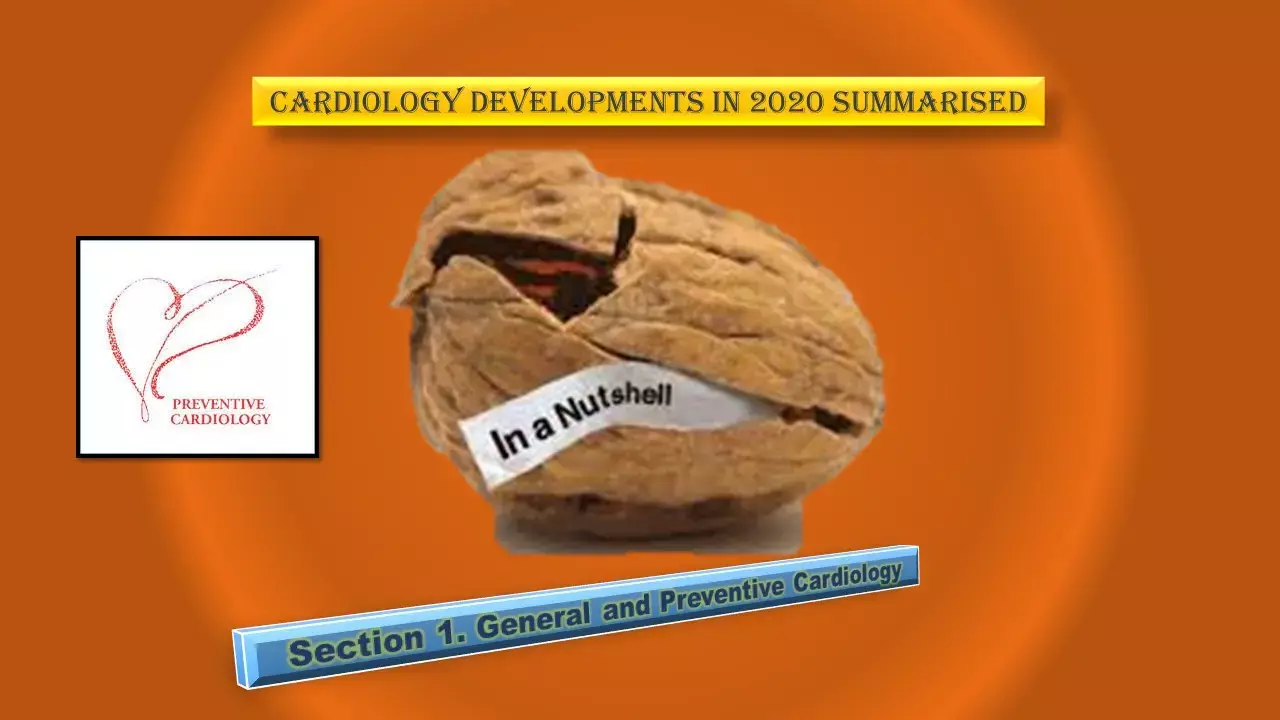- Home
- Medical news & Guidelines
- Anesthesiology
- Cardiology and CTVS
- Critical Care
- Dentistry
- Dermatology
- Diabetes and Endocrinology
- ENT
- Gastroenterology
- Medicine
- Nephrology
- Neurology
- Obstretics-Gynaecology
- Oncology
- Ophthalmology
- Orthopaedics
- Pediatrics-Neonatology
- Psychiatry
- Pulmonology
- Radiology
- Surgery
- Urology
- Laboratory Medicine
- Diet
- Nursing
- Paramedical
- Physiotherapy
- Health news
- Fact Check
- Bone Health Fact Check
- Brain Health Fact Check
- Cancer Related Fact Check
- Child Care Fact Check
- Dental and oral health fact check
- Diabetes and metabolic health fact check
- Diet and Nutrition Fact Check
- Eye and ENT Care Fact Check
- Fitness fact check
- Gut health fact check
- Heart health fact check
- Kidney health fact check
- Medical education fact check
- Men's health fact check
- Respiratory fact check
- Skin and hair care fact check
- Vaccine and Immunization fact check
- Women's health fact check
- AYUSH
- State News
- Andaman and Nicobar Islands
- Andhra Pradesh
- Arunachal Pradesh
- Assam
- Bihar
- Chandigarh
- Chattisgarh
- Dadra and Nagar Haveli
- Daman and Diu
- Delhi
- Goa
- Gujarat
- Haryana
- Himachal Pradesh
- Jammu & Kashmir
- Jharkhand
- Karnataka
- Kerala
- Ladakh
- Lakshadweep
- Madhya Pradesh
- Maharashtra
- Manipur
- Meghalaya
- Mizoram
- Nagaland
- Odisha
- Puducherry
- Punjab
- Rajasthan
- Sikkim
- Tamil Nadu
- Telangana
- Tripura
- Uttar Pradesh
- Uttrakhand
- West Bengal
- Medical Education
- Industry
2020 in a nutshell: The hottest developments in the field of cardiology this year. Section 1. General and preventive cardiology

From addressing the concerns of ACE inhibitors in the COVID19 era to defining a new target population for antihypertensive treatment, the following trials from 2020 will serve as landmarks for future research. Here are some of the important trials of 2020 in the field of General and preventive cardiology
1. BRACE CORONA trial
Continuing Versus Suspending Angiotensin-Converting Enzyme Inhibitors and Angiotensin Receptor Blockers
Heart patients hospitalized with COVID-19 can safely continue taking common cardiac drugs.
Membrane-bound angiotensin-converting enzyme 2 (ACE2) is the functional receptor for SARS-CoV-2. Initial concerns and conflicting observational evidence about the potential clinical impact of ACE-inhibitors and ARBs on COVID-19 patients, compelled an urgent need for randomized clinical trial evidence.
The BRACE CORONA trial was an academic-led, phase 4, randomised study testing two strategies: temporarily stopping the ACE inhibitor/ARB for 30 days versus continuing ACE inhibitors/ARBs in patients who were taking these medications chronically and were hospitalised with a confirmed diagnosis of COVID-19. The primary outcome was the number of days alive and out of hospital at 30 days.
The trial enrolled 659 patients from 29 sites in Brazil. All participants were chronically using an ACE inhibitor or ARB and were hospitalised with COVID-19. Patients were randomly allocated to stopping the ACE inhibitor/ARB for 30 days or continuing the ACE inhibitor/ARB.
The BRACE CORONA Trial concluded that with patients hospitalized with COVID-19, suspending ACE inhibitors and ARBs for 30 days did not impact the number of days alive and out of hospital, so they should generally be continued for those with an indication.
"This is the first randomised data assessing the role of continuing versus stopping ACE inhibitors and ARBs in patients with COVID-19," said principal investigator Professor Renato Lopes of Duke Clinical Research Institute, Durham, US. "In patients hospitalised with COVID-19, suspending ACE inhibitors and ARBs for 30 days did not impact the number of days alive and out of hospital."
He concluded: "Because these data indicate that there is no clinical benefit from routinely interrupting these medications in hospitalised patients with mild to moderate COVID-19, they should generally be continued for those with an indication."
Source: European heart journal: Cardiovascular Research, Volume 116, Issue 14, 1 December 2020, Pages e198–e199, https://doi.org/10.1093/cvr/cvaa325
NEXT
MBBS, MD , DM Cardiology
Dr Abhimanyu Uppal completed his M. B. B. S and M. D. in internal medicine from the SMS Medical College in Jaipur. He got selected for D. M. Cardiology course in the prestigious G. B. Pant Institute, New Delhi in 2017. After completing his D. M. Degree he continues to work as Post DM senior resident in G. B. pant hospital. He is actively involved in various research activities of the department and has assisted and performed a multitude of cardiac procedures under the guidance of esteemed faculty of this Institute. He can be contacted at editorial@medicaldialogues.in.
Dr Kamal Kant Kohli-MBBS, DTCD- a chest specialist with more than 30 years of practice and a flair for writing clinical articles, Dr Kamal Kant Kohli joined Medical Dialogues as a Chief Editor of Medical News. Besides writing articles, as an editor, he proofreads and verifies all the medical content published on Medical Dialogues including those coming from journals, studies,medical conferences,guidelines etc. Email: drkohli@medicaldialogues.in. Contact no. 011-43720751


